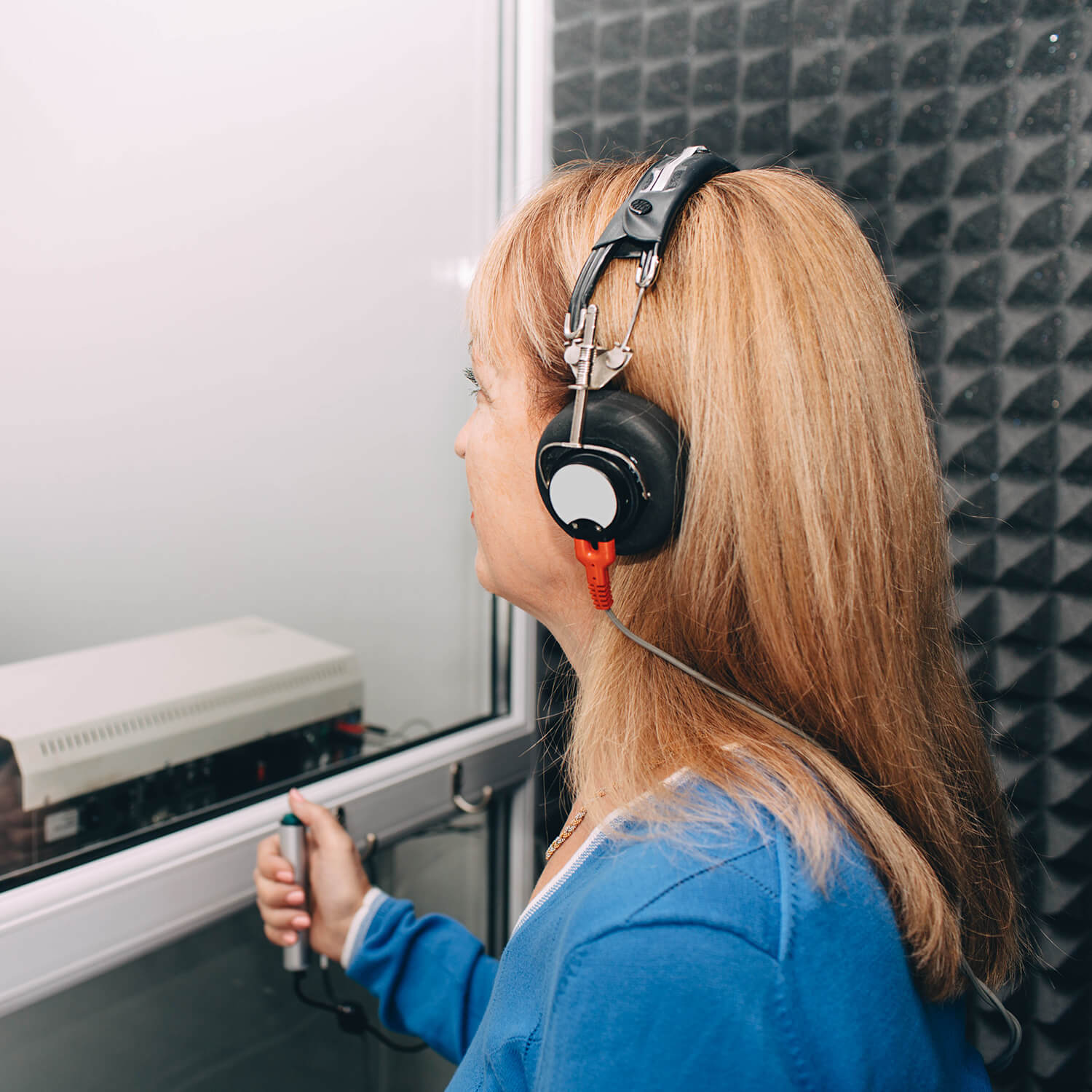
When it comes to taking care of your hearing health, the cost of audiology services should not be a barrier. Fortunately, there are various insurance and financing options for hearing aids and audiology services. In this guide, we’ll explore the ins and outs of health insurance coverage for audiology services and hearing aids and discuss financing options and assistance programs that may be available to patients.
Understanding Health Insurance Coverage for Audiology Services:
- Check Your Health Insurance Policy: The first step in understanding your insurance coverage for audiology care is to review your health insurance policy carefully. Different insurance plans may offer varying levels of coverage for hearing-related services.
- Diagnostic Hearing Tests: Many insurance plans cover diagnostic hearing tests, which are essential for identifying and assessing hearing issues. These tests typically include audiograms and evaluations by audiologists.
- Hearing Aids and Assistive Devices: Insurance coverage for hearing aids and assistive listening devices varies widely. Some plans may offer partial coverage, while others may cover the full cost of these devices. It’s crucial to check your policy’s details, including any restrictions or limitations on coverage. Some plans provide discounts, but require you use a third party group.
- Prior Authorization and Referrals: Some insurance plans may require prior authorization or referrals from primary care physicians before seeing an audiologist or obtaining certain services. Be aware of these requirements to ensure your claims are processed smoothly.
- Out-of-Network Providers: If you have a preferred audiologist who is not in-network with your insurance plan, you may still be able to receive coverage, but the out-of-pocket expenses could be higher. It’s essential to understand the potential cost differences between in-network and out-of-network providers. Not all plans have differences between in-network and out-of-network coverage.
Financing Options and Assistance Programs:
- Flexible Spending Accounts (FSAs) and Health Savings Accounts (HSAs): FSAs and HSAs allow you to set aside pre-tax dollars for qualified medical expenses, including audiology services and hearing aids. These accounts can help reduce your out-of-pocket costs.
- Medicare and Medicaid: Depending on your eligibility and specific state programs, Medicare and Medicaid may offer coverage for hearing tests, evaluations, and hearing aids. Check with your local Medicaid office for details.
- Veterans Benefits: Veterans may be eligible for hearing healthcare benefits through the U.S. Department of Veterans Affairs (VA). These benefits can include hearing tests, evaluations, and hearing aids.
- Non-Profit Organizations and Foundations: There are several non-profit organizations and foundations dedicated to helping individuals with hearing loss access audiology care. They may offer financial assistance or resources to offset costs.
Navigating insurance and financing options for audiology care can be complex, but it’s essential to explore these avenues to ensure you receive the hearing healthcare you need. Start by reviewing your insurance policy, and don’t hesitate to contact your insurance provider for clarification. Additionally, explore the various assistance programs and resources available to make hearing care more accessible and affordable. Your hearing health is a valuable investment, and with the right information, you can find the support you need.
